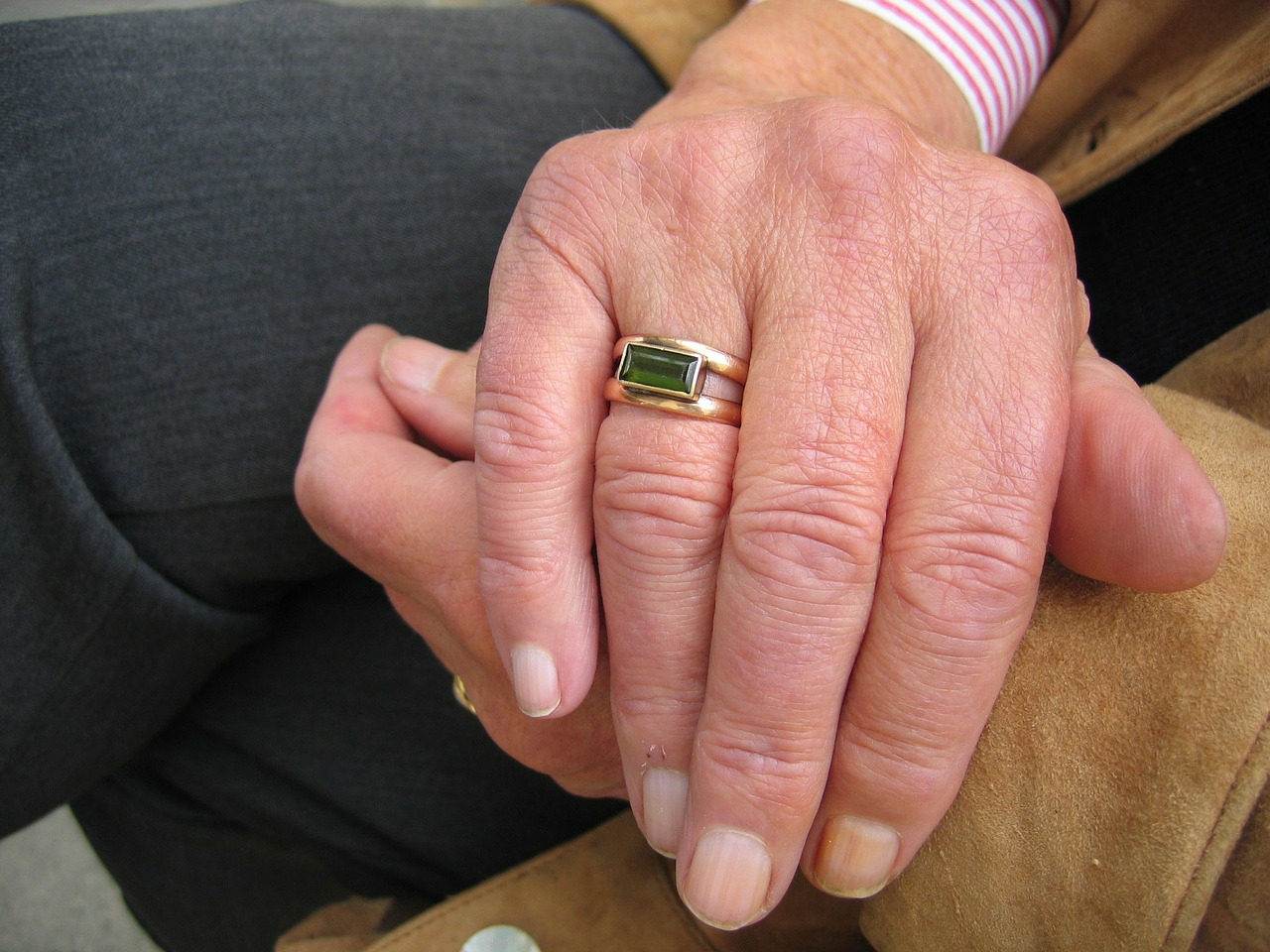
5 Ways Hospice Care Complements Geriatric Care Management in Working With the Elderly
Geriatric care management provides assistance for you and your loved one in finding resources, managing stress, and making important decisions related to their care, according to the Alzheimer’s Association. A geriatric care manager, then, is a professional such as a social worker, nurse, gerontologist or counselor who facilitates care and resources for the elderly patient. It’s certainly true that taking on the responsibility for an older person’s care is a big challenge for anyone, especially when you’re trying to juggle the responsibilities of your own busy life, work and kids.
A good geriatric care manager will provide the following assistance:
- Evaluate the senior’s needs and living situation
- Arrange local services and support systems
- Develop a care plan that fits your family
- Monitor and problem solve
- Serve as a liaison between you and service providers
There are many ways in which hospice care can complement geriatric care management in working with the elderly. Often times, these two services go hand in hand. Let’s explore five ways in which they work together:
1. Resource, Guide and Advocate: This is perhaps the most important part of hospice care and geriatric management. You want someone on your side who will go to bat for you, acting as your liaison between the patient and the medical team. But more than that, your care manager can also connect you to resources that are helpful as you cope not only with the day-to-day care of your loved one but also with grief support in the community. Your care manager can connect you to those resources as you juggle the responsibilities of caring for your loved one as well as your own family. They can also help you navigate the murky waters of Medicare and how to pay for hospice and geriatric care.
2. Home Life Assistance: Since many people choose to undergo hospice in their own homes, it’s important that the quality of life is maintained throughout the process. Just because the patient is in hospice doesn’t mean they don’t require wound care, medication assistance, and daily dressing, eating and other chores. Attentive home care by nurses, volunteers and other key staff members is crucial in overall geriatric assessment that can be helpful in diagnosing medical conditions, developing follow-up plans, coordinating management of care, and evaluating long-term care needs, says the American Family Physician.
3. Day to Day Duties: A geriatric care manager can also serve as a coordinator of daily care that relates to the elderly patient’s needs. This can include anything from scheduling and transporting the client to medical and dental appointments, to facilitating communication with healthcare professionals at the doctor’s office or hospital. This may also include setting up services that will help elderly patients follow their doctors’ orders and take medication as prescribed.
4. Support Services Arrangement: In addition to health care needs, other chores still must be done around the home. That’s why a professional comes in handy to arrange for supportive services such as housekeeping, transportation, meal delivery, handyman work, money management, and bill paying assistance. This certainly alleviates the burden on family members and other caregivers who are often juggling their own busy lives and don’t have time to attend to these things.
5. Transitioning From Long-Term Care to Hospice: Having a trusted liaison in place to make the transition from standard geriatric care within the home or assisted living facility to a hospice setting is greatly helpful. This care manager already knows the patient, their needs, their concerns, and that of the family’s. In the process, they can vet and oversee caregivers and other providers, pass along updates to family members and service providers, and make arrangements for hospice care as needs change. They can also:
- Order safety devices and medical equipment to the home to make the hospice experience as comfortable and safe as possible.
- Provide crisis intervention and supportive counseling for patients and their families.
- Coordinate insurance and Medicare information for seamless payment. According to the National Cancer Institute, you can get information about the types of costs covered by a particular private policy or Medicare from a hospital business office, hospice social worker, directly from the insurance company, or from a geriatric care manager.
- Make arrangements for all in-home care, from medical professionals to hospital beds to nutritional services.
During the difficult last stages of a serious illness, many people feel that they have lost control over their lives and what will happen to them, says WebMD. You need someone on your side to help you navigate.
Contact Pathways Home Health and Hospice
Many of our families use geriatric care management along with our Pathways Private Duty services, which allows for seamless oversight and communication between seniors, their caregivers and care managers, and families. Our care managers are highly skilled in caring for the elderly, many of them being social workers, gerontologists, and nurses. Contact us today at 888-755-7855 to learn more about our geriatric care management program.

